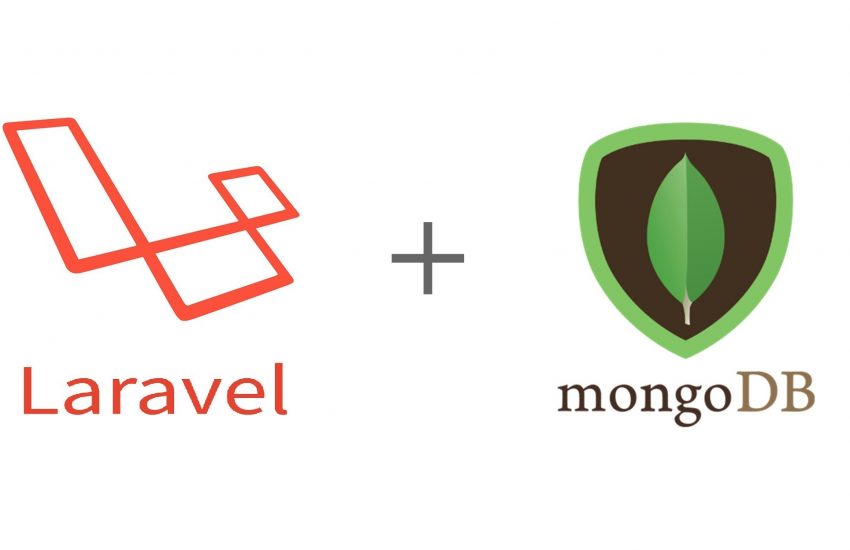Introduction to MongoDB
MongoDB is an open-source cross-platform and document-oriented NoSQL database that is used for large volume data storage. Laravel provides a package which deals with the eloquent operations for MongoDB. The library we are using extends the original Laravel classes, so it can use exactly the same methods and operations.
Configure the Database:
MONGO_DB_HOST=127.0.0.1 MONGO_DB_PORT=27017 MONGO_DB_DATABASE= mongocrud MONGO_DB_USERNAME= MONGO_DB_PASSWORD=
Add new connection in config>>database.php
'connections' => [
...
'mongodb' => [
'driver' => 'mongodb',
'host' => env('MONGO_DB_HOST', 'localhost'),
'port' => env('MONGO_DB_PORT', 27017),
'database' => env('MONGO_DB_DATABASE'),
'username' => env('MONGO_DB_USERNAME'),
'password' => env('MONGO_DB_PASSWORD'),
'options' => []
],
]
Laravel version Compatibility
| Laravel | Package |
| 4.2.x | 2.0.x |
| 5.0.x | 2.1.x |
| 5.1.x | 2.2.x or 3.0.x |
| 5.2.x | 2.3.x or 3.0.x |
| 5.3.x | 3.1.x or 3.2.x |
| 5.4.x | 3.2.x |
| 5.5.x | 3.3.x |
| 5.6.x | 3.4.x |
| 5.7.x | 3.4.x |
| 5.8.x | 3.5.x |
| 6.0.x | 3.6.x |
Installation:
Before the installation of this package, make sure you have Mongo DB PHP driver installed on your system.
composer require jenssegers/mongodb
If you want to install a specific version :
composer require jenssegers/mongodb:3.4.x
add the service provider in config/app.php:
'providers' => [
Jenssegers\Mongodb\MongodbServiceProvider::class,
]
Example:
Create a model class
Php artisan make:model User
User model will look like this:
<?php
namespace App;
use Illuminate\Database\Eloquent\Model;
use Jenssegers\Mongodb\Eloquent\Model as Eloquent;
class User extends Eloquent
{
protected $connection = 'mongodb'; //specifies which connection you want to use for the model
protected $collection = ‘users’;
protected $fillable = [
'name', 'email','address'
];
}
Make route in routes>>api.php
Route::post('allUsers','UserController@users);
Now create controller and add following code in controller:
php artisan make:controller UserController
use App\User;
public function users(Request $request)
{
$user = User::select(‘name’,’email’,’address’)->get();
//it will work exactly the same as that of the laravel basic eloquent queries.
if($user){
echo json_encode(array('success'=>1,’data’=>$user,'message'=>'success'));
else{
echo json_encode(array('success'=>0,’data’=>[],'message'=>'failure'));
}
}
}
If you type the URL: http://localhost:8000/api/allUsers you will get the response.
People having good command over the French language can get a French certification from StudySection. StudySection offers both beginner level and expert level French certification exams to test the ability to communicate in the French language.




